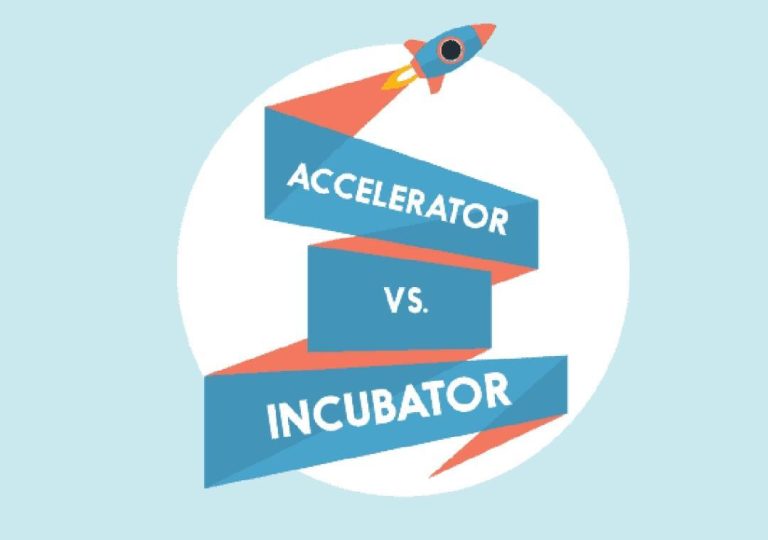
AI, Creators & Tier-2 Cities Power India’s Startup Growth
India’s startup ecosystem has been on a meteoric rise in recent years, with the country now boasting a vibrant community of innovative entrepreneurs and startups. According to a report by Meta-A&M, a leading growth strategy firm, India’s startup growth playbook is being shaped by four key trends: AI adoption, omnichannel models, Tier-2/3 city expansion, and creator-driven branding.
In this blog post, we’ll dive deeper into these trends and explore what they mean for India’s startup landscape.
AI Adoption: The New Normal
Artificial Intelligence (AI) has become an integral part of the startup ecosystem in India. According to the Meta-A&M report, a staggering 70% of startups in India are using AI in some form to drive their business forward. This is not surprising, given the numerous benefits of AI adoption, including improved efficiency, enhanced customer experience, and competitive advantage.
From chatbots and virtual assistants to predictive analytics and machine learning, AI is being used across various industries, including fintech, healthcare, and e-commerce. For instance, fintech startups like Paytm and PhonePe are using AI-powered chatbots to provide seamless customer service, while healthcare startups like Practo and PharmEasy are leveraging AI to improve patient outcomes and streamline operations.
Omnichannel Models: The Future of Customer Engagement
The rise of omnichannel models is another significant trend shaping India’s startup landscape. Omnichannel models involve providing a seamless and consistent customer experience across multiple channels, including social media, email, messaging apps, and in-store interactions.
According to the Meta-A&M report, 67% of startups in India are adopting omnichannel models to engage with their customers. This is a significant shift from the traditional approach of focusing on a single channel or platform.
Omnichannel models offer several benefits, including increased customer loyalty, improved customer retention, and enhanced brand reputation. For instance, e-commerce startups like Flipkart and Amazon are using omnichannel models to provide customers with a seamless shopping experience across multiple channels, including online, offline, and mobile.
Tier-2/3 City Expansion: A New Frontier
Tier-2 and Tier-3 cities have traditionally been overlooked by startups, with many focusing on major metropolitan areas like Bangalore, Delhi, and Mumbai. However, the Meta-A&M report reveals that 95% of startups in India are now targeting smaller cities and towns, recognizing the enormous potential of these markets.
Tier-2 and Tier-3 cities offer several advantages, including lower operational costs, a more affordable workforce, and a growing middle class with increasing disposable income. For instance, startups like Ola and Swiggy are already operating in Tier-2 and Tier-3 cities, providing services like ride-hailing and food delivery to a wider audience.
Creator-Driven Branding: The Power of Influencers
Finally, the report highlights the importance of creator-driven branding in India’s startup ecosystem. According to the report, 88% of startups in India are partnering with influencers and content creators to build their brand and reach a wider audience.
Creator-driven branding involves collaborating with influencers and content creators to promote products or services, build brand awareness, and drive customer engagement. This approach has become increasingly popular in India, with many startups recognizing the power of influencers in shaping consumer behavior and preferences.
For instance, beauty and personal care startups like Nykaa and LimeRoad are partnering with influencers and content creators to promote their products and services, while food delivery startups like Zomato and Swiggy are using influencers to promote their offerings and drive customer engagement.
Conclusion
India’s startup ecosystem is evolving fast, with AI adoption, omnichannel models, Tier-2/3 city expansion, and creator-driven branding shaping the growth playbook of startups in the country. These trends are reshaping how startups scale, connect with users, and build future-ready brands across India.
As the Indian startup ecosystem continues to evolve, it will be exciting to see how these trends unfold and what new innovations and opportunities emerge. One thing is certain – India’s startup scene is poised for continued growth and success, driven by the creativity, innovation, and entrepreneurial spirit of its founders and entrepreneurs.






